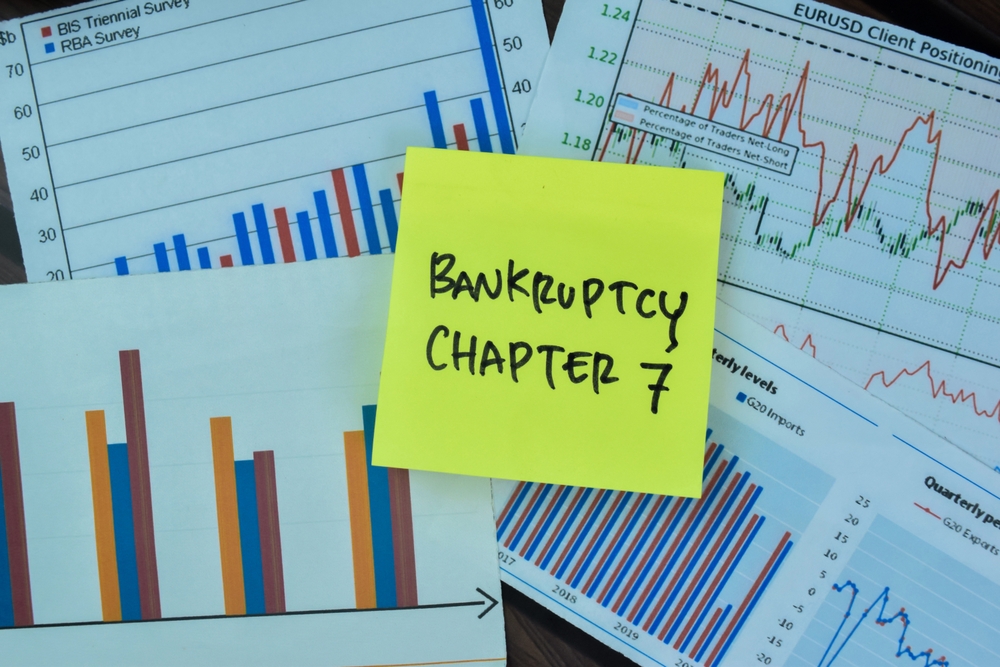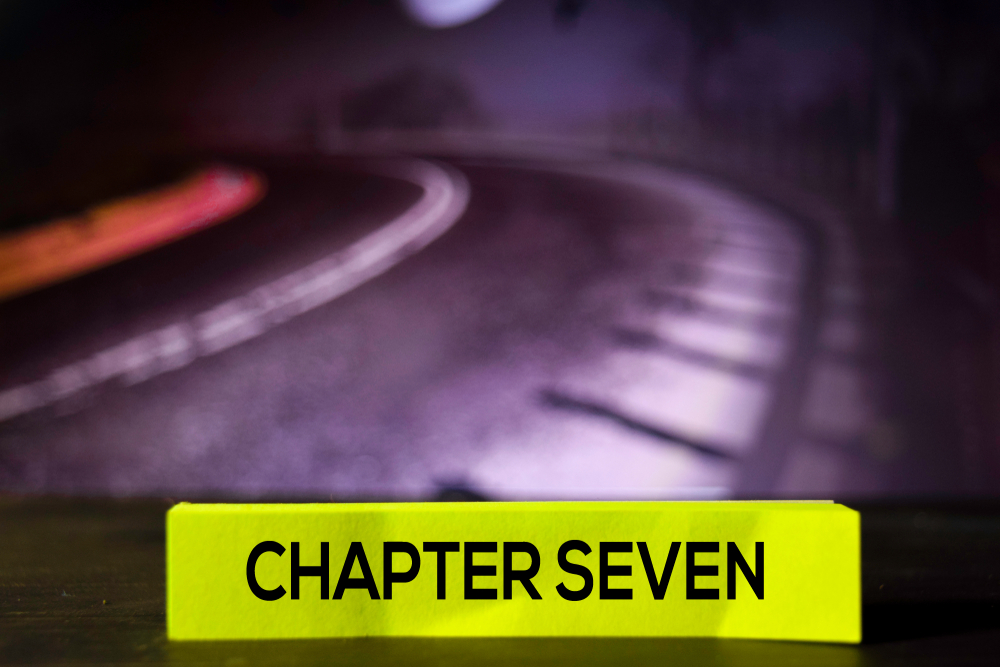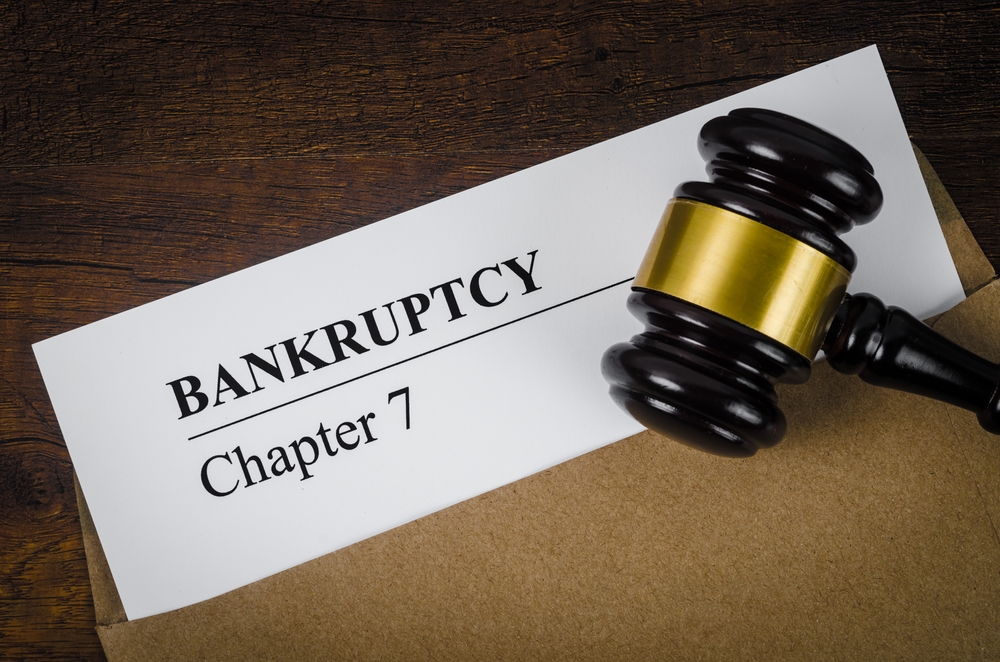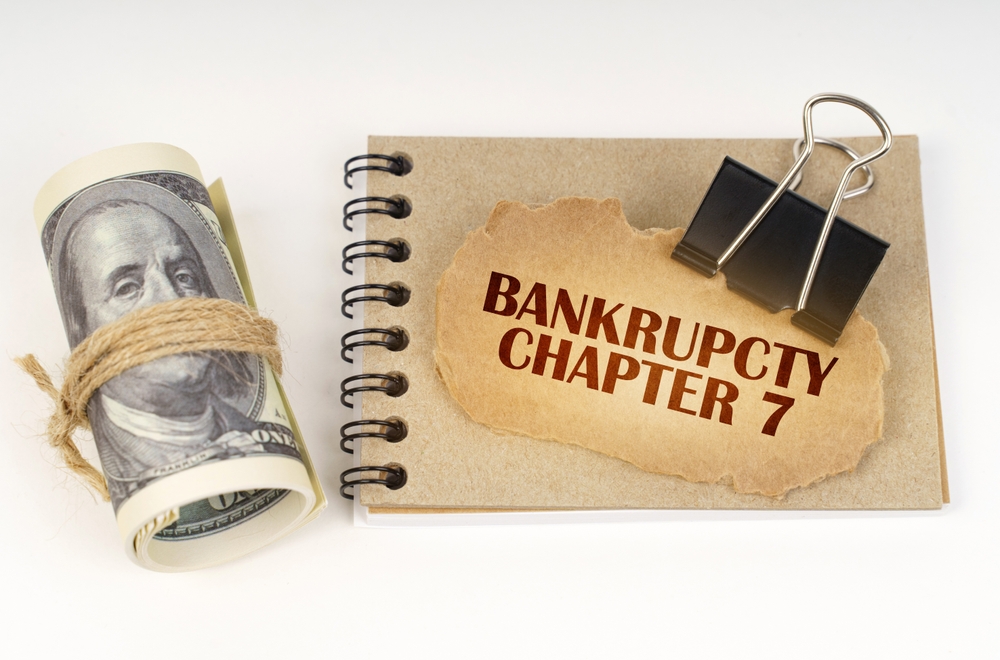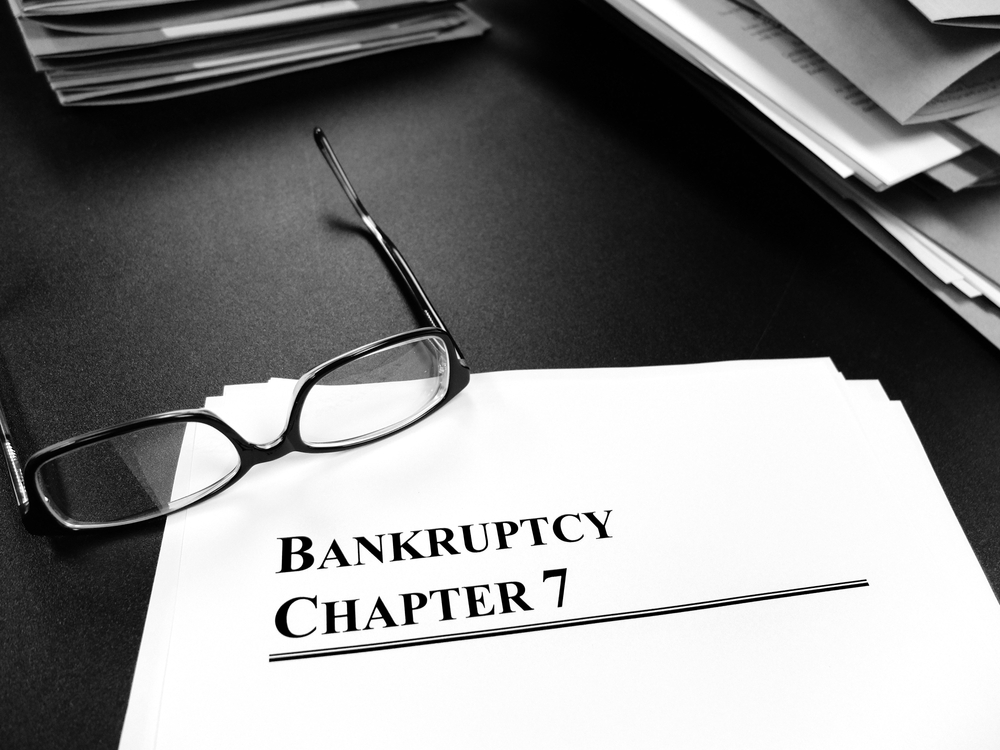You may be wondering if you will ever be able to purchase a home after filing for bankruptcy. Many people believe that they will never qualify to purchase a home after filing a bankruptcy. However, this simply isn’t true. After filing you can own a home, purchase a new car, or obtain credit if you wish to do so.

I Filed Bankruptcy, Will I Ever be Able to Buy a Home?
You may be wondering if you will ever be able to purchase a home after filing for bankruptcy. Many...

